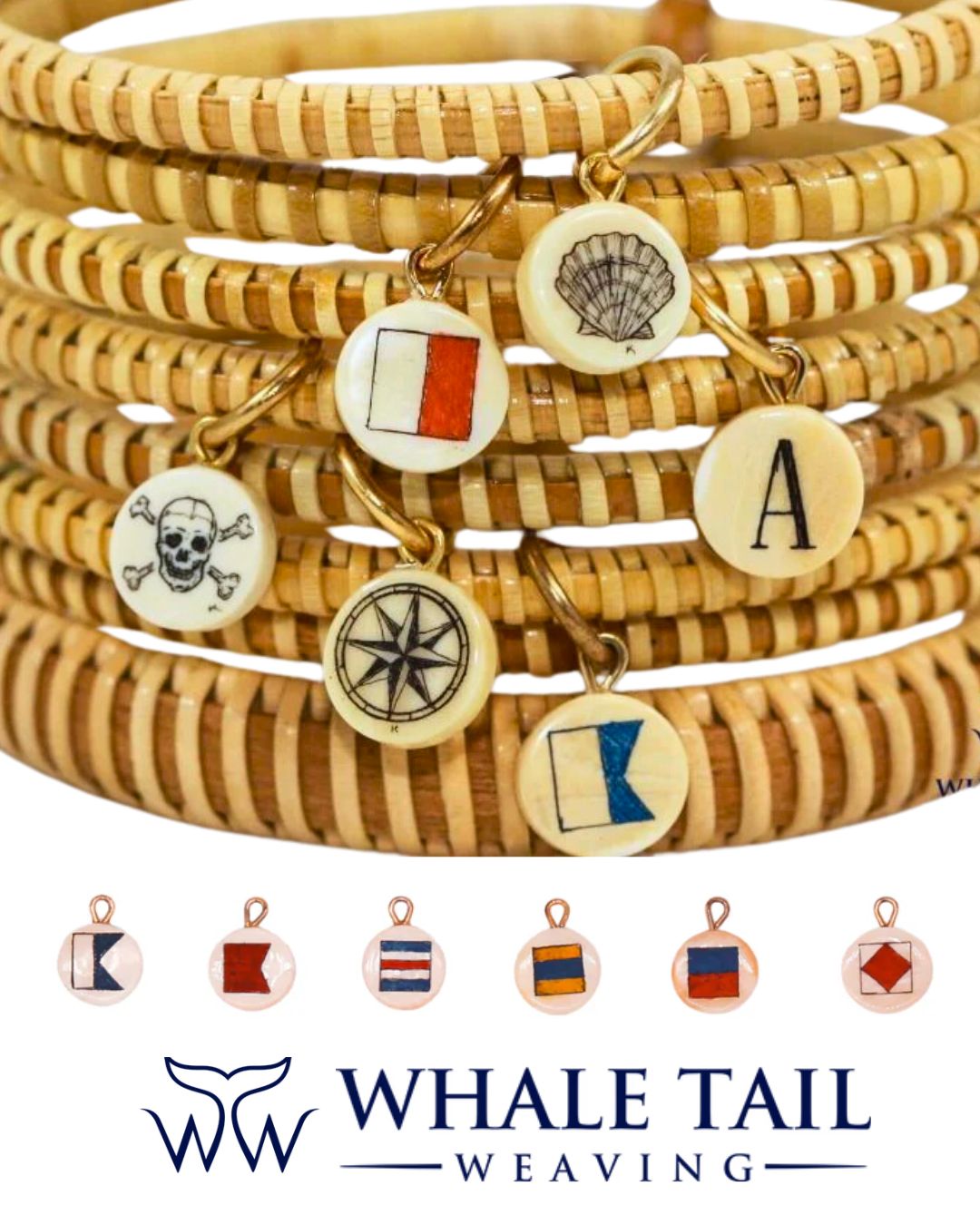Editor’s Note: A recent federal court decision has issued an injunction, meaning businesses are currently not required to file the BOI Report. While this requirement is temporarily on hold, it’s crucial to stay informed, as this may change in the future. To learn more about what this means and how to prepare, listen to our latest podcast episode featuring creative attorney Angie Avard Turner.
What is the BOI Report, and What Does It Mean for Creatives?
If you’re a creative entrepreneur, you may have heard whispers about something called the BOI Report. Let’s break it down in simple terms and, most importantly, what it means for you and your business. This isn’t just legal jargon—it’s about keeping your creative business running smoothly and legally compliant.
So, What Exactly Is the BOI Report?
The BOI Report, short for Beneficial Ownership Information Report, is a requirement under the Corporate Transparency Act (CTA). Essentially, the government wants to know who owns and controls U.S. businesses to prevent shady activities like money laundering or fraud. Think of it as transparency in action, but it comes with paperwork!
Does This Apply to Me?
Here’s the scoop: if you’re a sole proprietor or a general partnership, you’re off the hook. But if you’ve structured your creative business as a corporation or LLC, you likely need to file a BOI Report—unless you qualify for an exemption (e.g., nonprofits or certain larger companies).
Important Note: If you operate more than one legal entity—say, two LLCs—you’ll need to file a separate BOI Report for each. Some people are missing this detail, but it’s critical to avoid compliance issues.
And for those of us running small but mighty creative businesses, this is probably something we’ll need to handle.
What Information Do They Want?
For each beneficial owner (translation: anyone who owns or controls the company), you’ll need to share:
- Full legal name
- Date of birth
- Residential address
- A unique ID number (like a driver’s license or passport)
If your business was formed on or after January 1, 2024, you’ll also need to include information about company applicants—the person(s) who filed the formation documents.
Deadlines to Keep in Mind
- If your business was formed before January 1, 2024: File your first BOI Report by January 1, 2025.
- For businesses formed on or after January 1, 2024: You have 90 days from the date your business is officially created to file.
What Should You Do Next?
If this feels overwhelming, don’t worry—you’re not alone. Here’s a game plan:
Figure Out If It Applies to You. If you’re unsure, start with your business structure. Sole proprietorships and partnerships? No need to file. LLCs or corporations? Probably yes.
Gather the Details. Make a checklist of the information you’ll need for yourself and any other owners or applicants.
File On Time. Reports must be submitted through FinCEN’s online portal, so don’t procrastinate. This isn’t the kind of thing you want to miss—penalties for non-compliance can include fines and, yikes, even criminal charges.
Need Help?
If you’re scratching your head or feel a l ittle out of your depth, don’t worry—we’ve got you covered. Reach out to Angie Avard Turner, a seasoned creative attorney who knows this world inside and out. Angie is a trusted member of our NECC community and a frequent speaker at our events. She’s here to help you navigate this process with confidence.
ittle out of your depth, don’t worry—we’ve got you covered. Reach out to Angie Avard Turner, a seasoned creative attorney who knows this world inside and out. Angie is a trusted member of our NECC community and a frequent speaker at our events. She’s here to help you navigate this process with confidence.
At NECC, we’re all about making things easier for creatives, so you can focus on what you do best—creating. Let’s tackle the BOI Report together and keep your business thriving.








